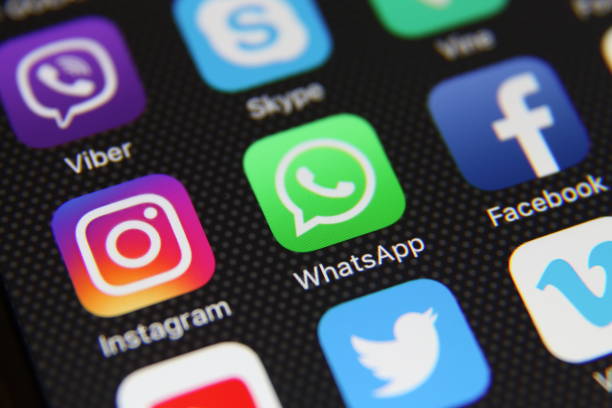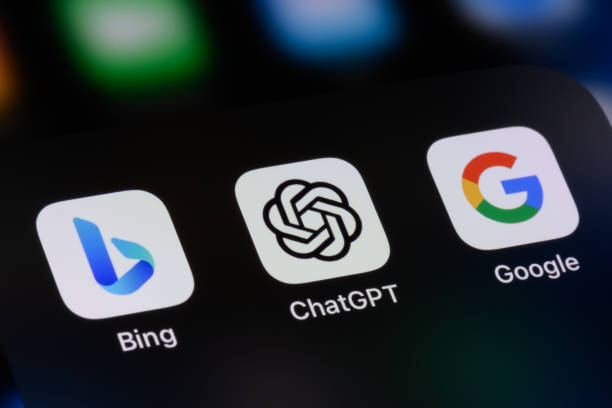Running a private practice is rewarding, but it comes with challenges that extend beyond providing quality care. One of the biggest hurdles therapists face is attracting a consistent flow of new clients while retaining existing ones. Word-of-mouth referrals are no longer enough to sustain or grow a therapy practice in today’s digital-first world. Potential clients now search for therapists online, compare services across multiple platforms, and often make decisions before even reaching out.
This is where a mental health marketing agency becomes invaluable. Unlike generalist marketing firms, these agencies specialize in the unique needs of therapists, psychologists, counselors, and other behavioral health professionals. Their strategies are designed to help practices build trust, maintain compliance, and generate a steady stream of client inquiries.
In this comprehensive guide, we’ll explore how a specialized marketing agency helps therapists attract more clients, the exact services offered, and why tailored strategies deliver far better results than generic campaigns.
Understanding the Unique Marketing Needs of Therapists
Why Mental Health Practices Require Specialized Marketing
Therapists cannot rely on the same marketing tactics used by e-commerce stores or restaurants. Mental health care requires a sensitive, ethical, and confidential approach. For example:
- HIPAA compliance must be maintained in all communications.
- Client trust and privacy are paramount in messaging.
- Stigma reduction is part of effective outreach.
- Localized SEO is essential since most clients search for “therapists near me.”
A specialized agency understands these nuances and creates marketing strategies that not only attract clients but also respect professional ethics.
Common Barriers to Client Growth Without Marketing Support
Therapists who try to manage marketing on their own often face:
- Websites that do not appear in search results.
- Lack of professional branding that undermines trust.
- Poor online visibility compared to competitors.
- Difficulty balancing marketing tasks with clinical duties.
An experienced agency removes these barriers so therapists can focus on client care.
Core Services a Mental Health Marketing Agency Provides
1. SEO Strategies to Increase Online Visibility
Search Engine Optimization (SEO) ensures that therapists appear in Google results when potential clients search for services. A strong SEO strategy includes:
- Optimizing websites for therapy-related keywords.
- Creating location-based landing pages to capture local searches.
- Enhancing website speed and mobile friendliness.
- Building high-quality backlinks for domain authority.
👉 Learn more about effective strategies in SEO for mental health professionals.
2. Website Design That Converts Visitors into Clients
A therapy website is more than an online brochure—it’s a digital office. Agencies help build HIPAA-compliant, mobile-friendly, and conversion-driven websites. Key elements include:
- Clear calls-to-action (e.g., “Book a Session”).
- Secure contact forms and scheduling integrations.
- Warm, inviting design that builds trust.
- Accessibility features for all client demographics.
Explore must-haves in how to build a HIPAA-compliant therapist website.
3. Local SEO to Dominate Community Searches
Most therapy clients come from the local area. Agencies implement strategies to boost local visibility, such as:
- Optimizing Google Business Profiles.
- Encouraging positive client reviews.
- Embedding local keywords in site content.
- Ensuring directory listings are accurate and consistent.
For practical insights, check local SEO for therapists.
4. Social Media Marketing to Build Engagement
Social platforms allow therapists to connect with clients, share valuable resources, and position themselves as trusted experts. Agencies manage:
- Content calendars with mental health tips.
- Paid social ads targeted to local audiences.
- Brand storytelling that aligns with therapeutic values.
- Engagement strategies that build client trust.
Dive deeper into strategies in social media marketing for therapists.
5. Pay-Per-Click (PPC) Advertising for Immediate Results
While SEO is a long-term strategy, PPC campaigns deliver quick visibility. Agencies design HIPAA-compliant ad campaigns on Google and social platforms to:
- Target people actively searching for therapy services.
- Generate immediate inquiries and bookings.
- Control ad spend with measurable ROI.
Read more about this approach in PPC campaigns that convert for therapists.
6. Content Marketing to Build Authority
High-quality blogs, videos, and resources build therapist credibility and attract organic traffic. Agencies create and optimize content that:
- Answers common therapy-related questions.
- Highlights therapist expertise.
- Improves Google rankings with long-tail keywords.
- Encourages client engagement and shares.
For actionable ideas, explore content marketing strategies for therapists.
7. Reputation and Review Management
Client reviews play a major role in choosing a therapist. Agencies:
- Help therapists generate positive reviews.
- Manage negative feedback professionally.
- Ensure reputation is consistent across platforms.
A strong online reputation directly translates into more inquiries.
How Marketing Agencies Turn Strategies into Client Growth
Building Trust Through Professional Branding
Agencies ensure that every touchpoint—from logos to website copy—reflects warmth, professionalism, and empathy. This branding reassures potential clients that they’re making the right choice.
Streamlining Client Journeys
From the first website visit to booking an appointment, agencies optimize each step so clients face no friction. Online booking, secure forms, and clear calls-to-action reduce barriers to starting therapy.
Combining Data with Empathy
Agencies use analytics to track campaign performance while tailoring messaging to resonate emotionally with potential clients. This balance ensures measurable ROI without losing the human connection.
Why Therapists Should Partner with a Specialized Agency Instead of DIY
While therapists can attempt DIY marketing, the results rarely match those of professional campaigns. A specialized agency offers:
- Expertise in mental health industry trends.
- Compliance knowledge to avoid HIPAA violations.
- Time savings so therapists focus on clients, not marketing.
- Consistent results through proven strategies.
Ultimately, working with professionals ensures sustainable growth and fewer missed opportunities.
Future Trends in Mental Health Marketing
The mental health field is evolving rapidly, and marketing must adapt. Agencies are already leveraging:
- Voice search optimization for clients using smart speakers (voice search strategies).
- AI-powered appointment scheduling for convenience.
- Video marketing to showcase therapist expertise.
- Teletherapy platform marketing to reach digital-first clients.
Agencies stay ahead of these trends so therapists remain competitive.
Conclusion
Therapists dedicate their careers to helping others, but without effective marketing, many struggle to connect with those who need their services most. A mental health marketing agency bridges this gap by providing tailored, compliant, and results-driven strategies that turn therapists into trusted providers in their community.
From SEO and website development to social media, PPC, and content creation, agencies deliver comprehensive solutions that consistently attract more clients. In an increasingly digital world, partnering with a specialized agency isn’t just an option—it’s essential for sustainable practice growth.
If you’re ready to take your therapy practice to the next level, explore the tailored support available at Mental Health IT Solutions.







